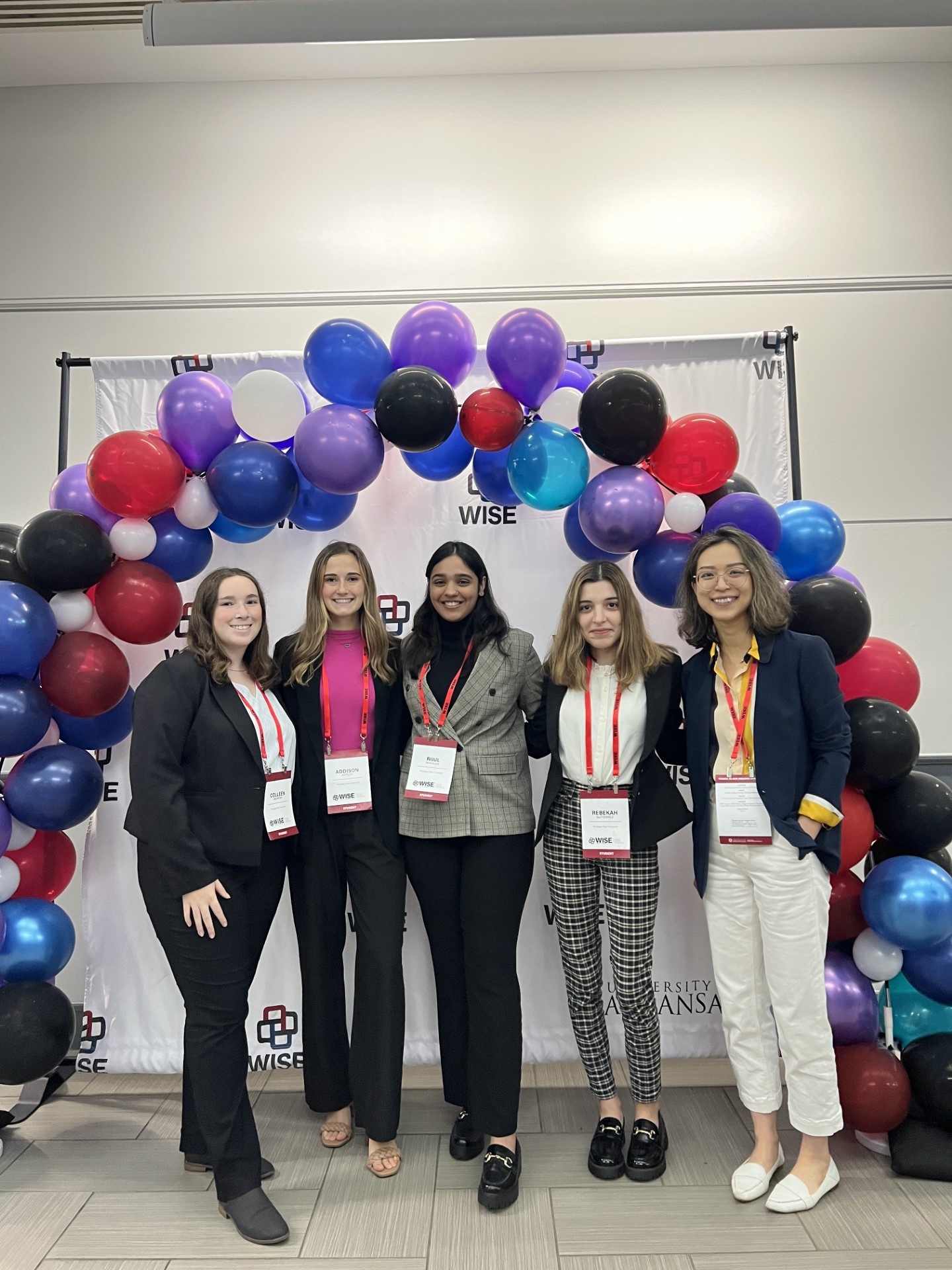Li Cheng is an assistant professor in the Broad College of Business’ Department of Supply Chain Management.

Women are traditionally underrepresented in the supply chain field. And yet, it has been repeatedly shown that diversity in general – including gender diversity – can be a critical force driving the industry forward by boosting supply chain collaboration, promoting creative ideas and improving efficiency.
Recently, there have been some sector-specific and industry-wide efforts aimed to uplift women in supply chain. As a result, we have seen some encouraging growth in women representation in supply chain workforce: women now make up 41% of the total supply chain leadership workforce, up from 39% in 2022 and 35% in 2016, and this progress is mostly driven by the substantial 7% increase in the supply chain executive leadership roles (26% in 2023 compared to 19% in 2022). Despite the progress, some other roles – such as frontline jobs and lower-level management – continue to have a more significant gap for women.
While the industry effort is certainly important to close the gender gap, higher education also plays a critical role in attracting women to the supply chain domain as well as preparing these students for the field. The Women Impacting Supply Chain Excellence (WISE) Symposium is one such professional-development opportunity for women students to network with peers from other institutions and industry leaders, develop domain knowledge, and hone team and leadership skills. This year, as MSU’s faculty advisor, I took four Broad Spartan women in supply chain – who aspire to become future supply chain leaders – to attend the symposium. The students were able to engage in multiple formal/informal networking events, attend sessions to hear from inspiring supply chain women leaders, and learn about cutting-edge supply chain practices.
I was told by the students that the symposium was an incredible experience that helped boost their confidence in pursuing supply chain leadership careers and opened their eyes to many professional development possibilities. As a female faculty member, listening to the personal accounts by the industry leaders and connecting with other women faculty members – hearing how they navigated their own career paths, overcoming obstacles, pivoted at difficult moments, and grasped (or fought) for opportunities – I also felt quite empowered.
While an academic career certainly has many differences from an industry career, there are many shared challenges and struggles for women (having our voices be heard, work-life balance, pivoting to something new). It was amazing to see so many eager women aspiring to become the next leaders in the field – the energy, determination and ambition from these students was just contagious.
I hope that more such opportunities can open up in higher education for underrepresented groups of students, empowering them to pursue their supply chain dreams. In the long term, along with such ongoing initiatives by industry and higher education, our field will hopefully embrace more diversity in every dimension and benefit from it.
